Greenbriar Treatment Center - Lighthouse for Men

Overview
Greenbriar Treatment Center - Lighthouse for Men is an accredited substance abuse treatment center that provides inpatient treatment for men from 18+ years of age. As part of their special programs, Greenbriar Treatment Center - Lighthouse for Men treats clients with co-occurring mental and substance use disorders and clients who have experienced trauma. To help patients achieve sobriety, Greenbriar Treatment Center - Lighthouse for Men provides intake assessments. Afterward, patients receive cognitive behavioral therapy, telemedicine/telehealth therapy, and substance use disorder counseling during treatment. Greenbriar Treatment Center - Lighthouse for Men is located in Washington, Pennsylvania, providing treatment for people in Washington County, accepting cash or self-payment, medicaid, and federal, or any government funding for substance use treatment programs.
Greenbriar Treatment Center - Lighthouse for Men at a Glance
Payment Options
- Cash or self-payment
- Medicaid
- Federal, or any government funding for substance use treatment programs
Assessments
- Screening for tobacco use
- Comprehensive mental health assessment
- Comprehensive substance use assessment
- Screening for mental disorders
- Screening for substance use
Age Groups
- Young adults
- Adults
Ancillary Services
- Case management service
- Integrated primary care services
- Suicide prevention services
- Mental health services
- Social skills development
Highlights About Greenbriar Treatment Center - Lighthouse for Men
7.03/10
With an overall rating of 7.03/10, this facility has following balanced range of services. Alcohol Rehabilitation: 8.00/10, Drug Rehab and Detox: 6.92/10, Insurance and Payments: 6.00/10, Treatment Options: 7.21/10.-
Alcohol Rehabilitation 8.00
-
Treatment Options 7.21
-
Drug Rehab and Detox 6.92
-
Insurance and Payments 6.00
Accreditations
State mental health department:
State mental health department accreditation refers to the process of evaluating and certifying the quality and standards of a state's mental health department, ensuring that it provides high-quality services and meets specific criteria for mental health care. The accreditation process is performed by a third-party organization and helps to improve the overall care and treatment of individuals with mental health conditions.
State department of health:

Government agencies issue State Licenses, which grant rehabilitation organizations permission to conduct their operations lawfully within specific geographic regions. Licenses needed to operate are typically determined by the type of rehabilitation program offered by the facility and its physical location.
The Joint Commission:

The Joint Commission, previously known as JCAHO, is a nonprofit organization that accredits rehabilitation organizations and programs. Established in 1951, its mission is to enhance the quality of patient care and showcase excellence in healthcare delivery.
Treatment At Greenbriar Treatment Center - Lighthouse for Men
Treatment Conditions
- Alcoholism
- Substance use treatment
Care Levels
- Hospital inpatient treatment
- Long-term residential
- Aftercare
- Halfway house
Treatment Modalities
- Cognitive behavioral therapy
- Telemedicine/telehealth therapy
- Substance use disorder counseling
- Trauma-related counseling
- Group counseling
Ancillary Services
Additional Services
- Pharmacotherapies administered during treatment
- Mentoring/peer support
- Breathalyzer or blood alcohol testing
Special Programs
- Clients with co-occurring mental and substance use disorders
- Clients who have experienced trauma
Get Help Now
Common Questions About Greenbriar Treatment Center - Lighthouse for Men
Contact Information
Other Facilities in Washington

6.91

7.42

6.59
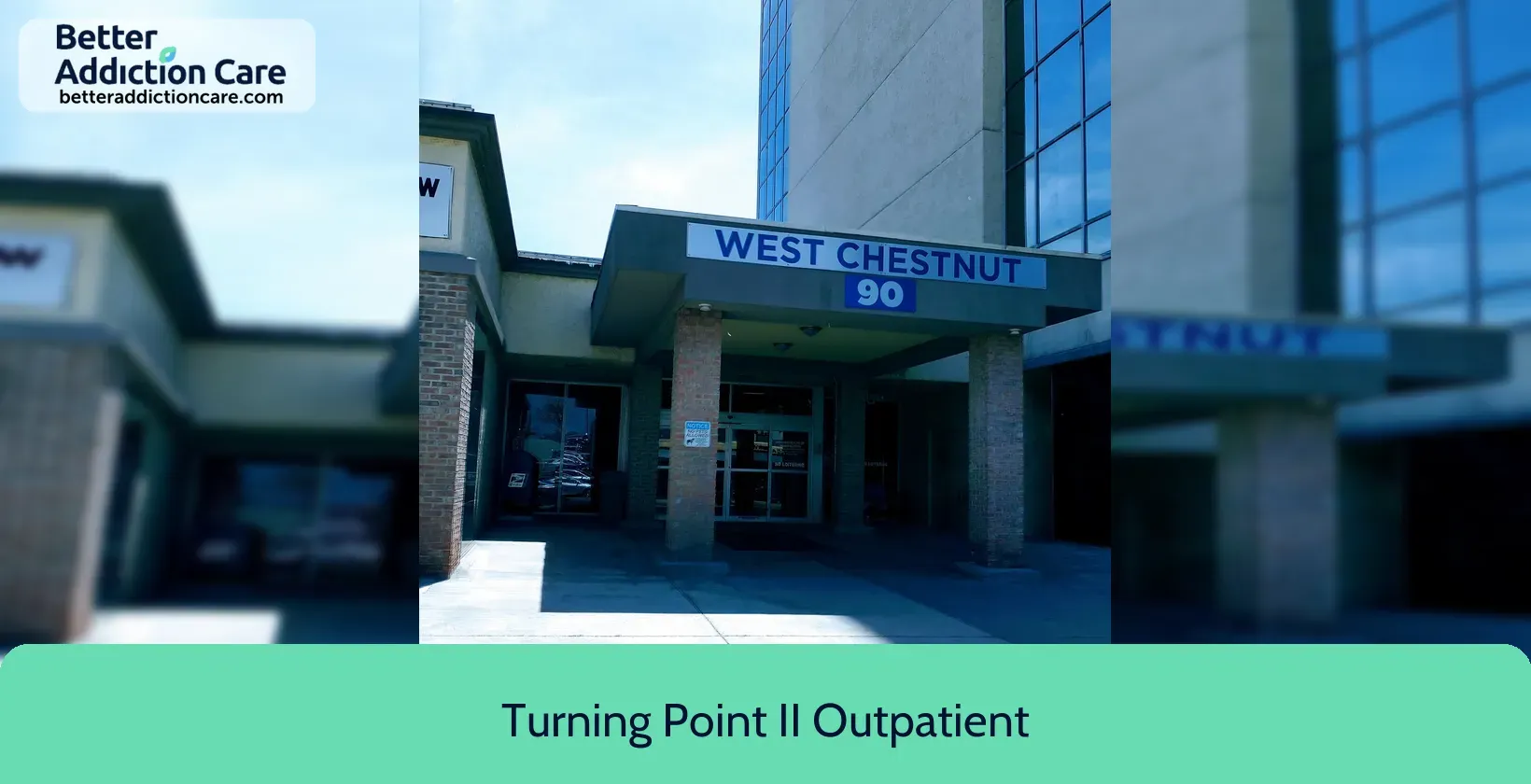
6.89
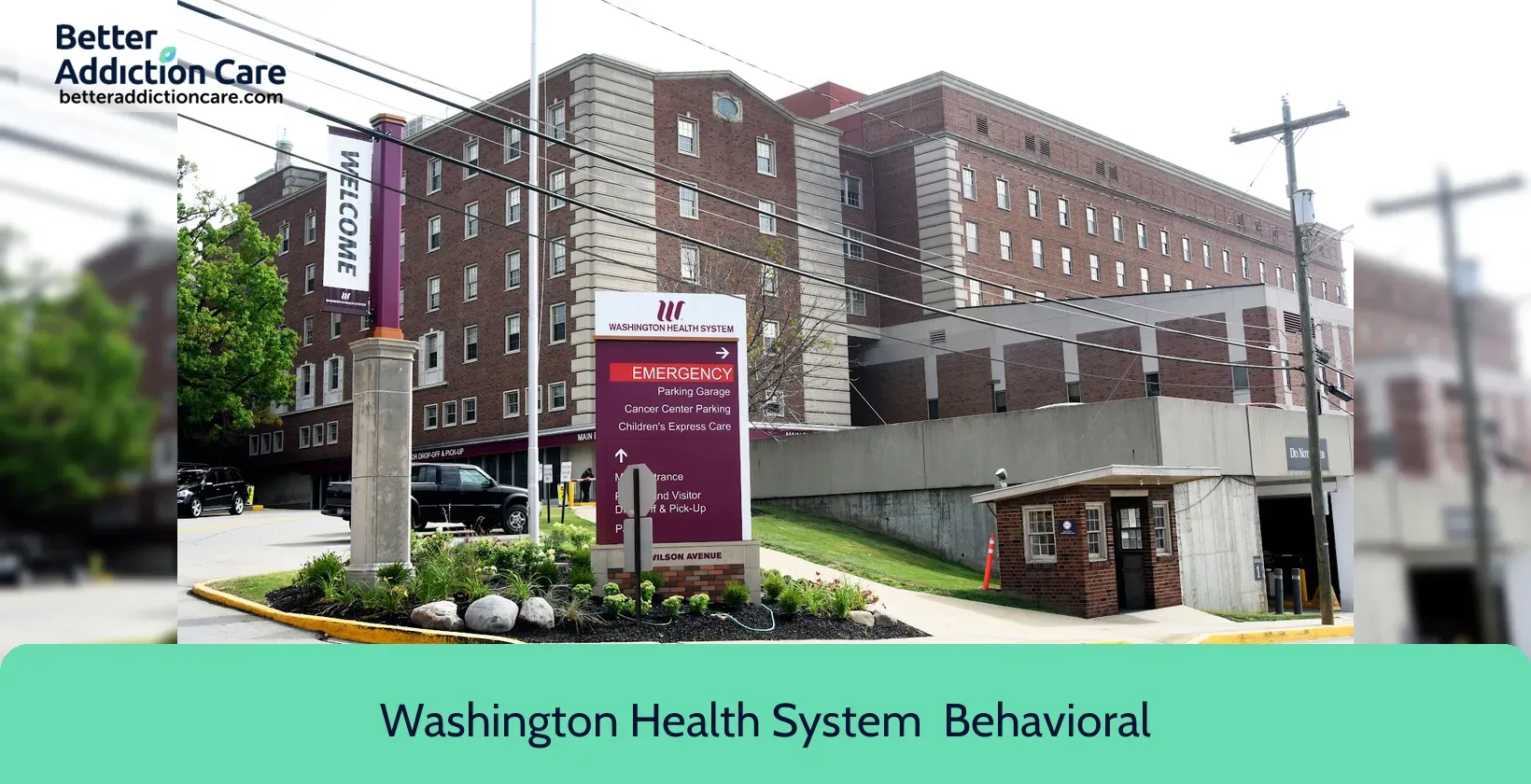
6.59
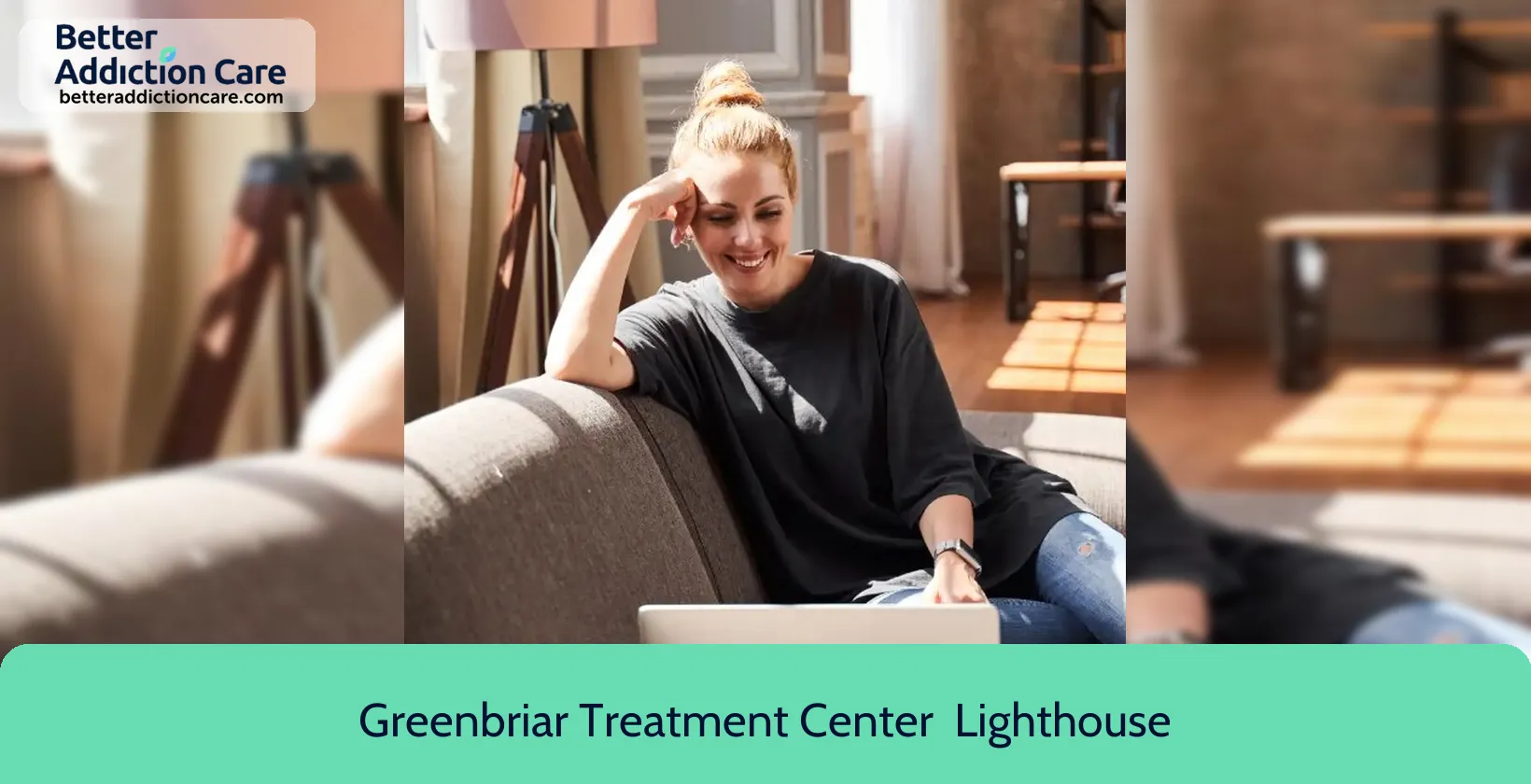
7.03
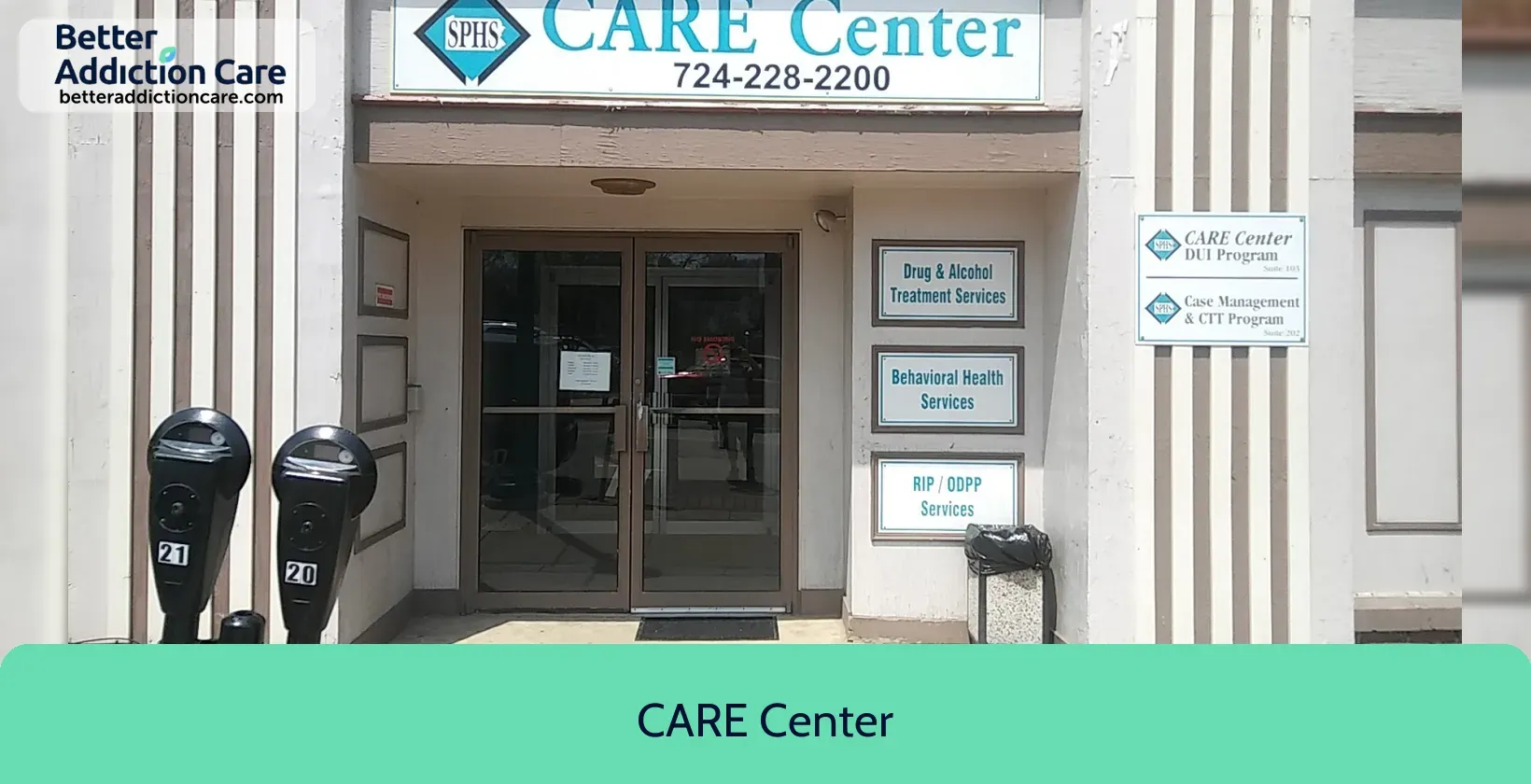
7.81
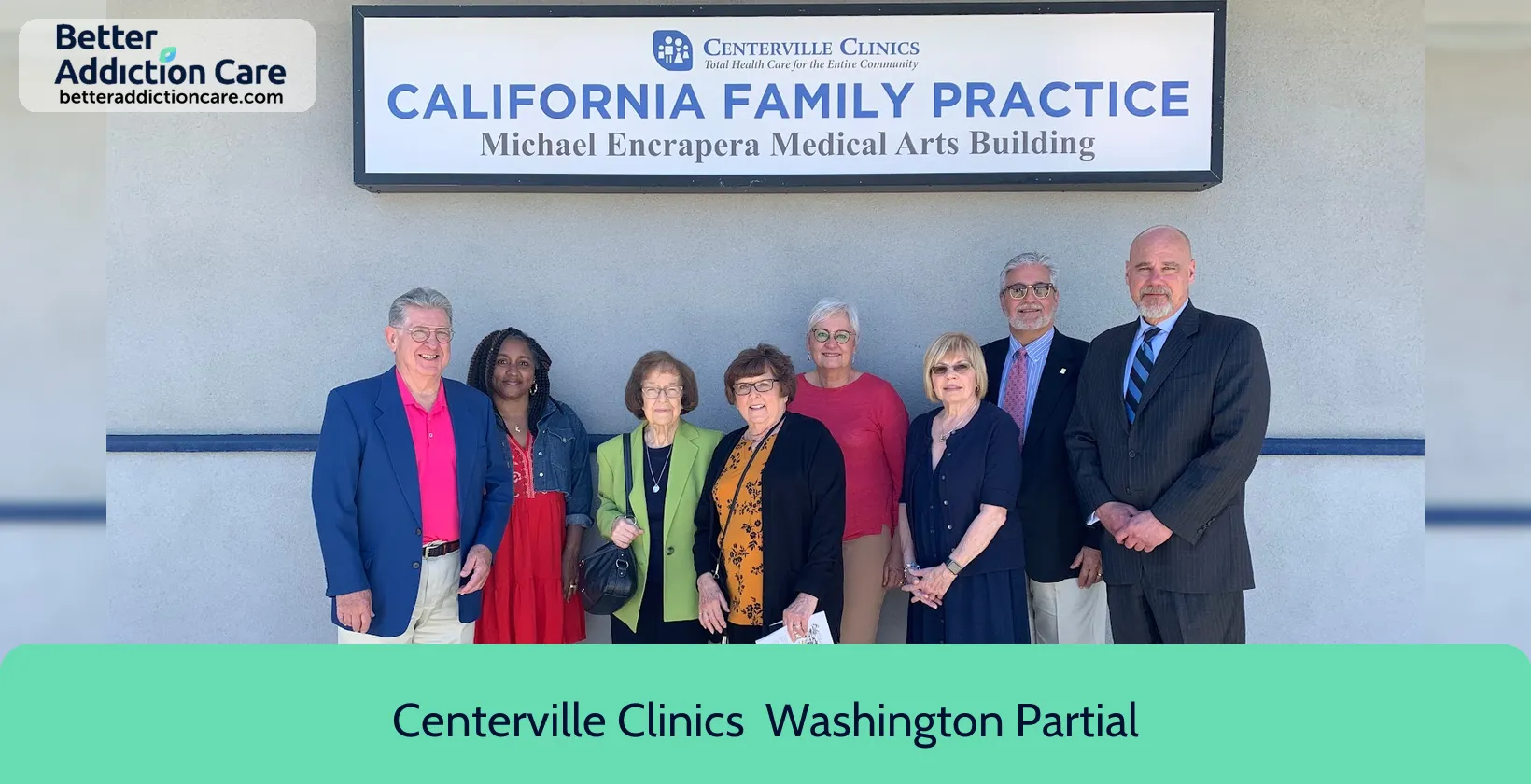
6.59
DISCLAIMER: The facility name, logo and brand are the property and registered trademarks of Centerville Clinics - Washington Partial Hospitalization Program, and are being used for identification and informational purposes only. Use of these names, logos and brands shall not imply endorsement. BetterAddictionCare.com is not affiliated with or sponsored by Centerville Clinics - Washington Partial Hospitalization Program.
